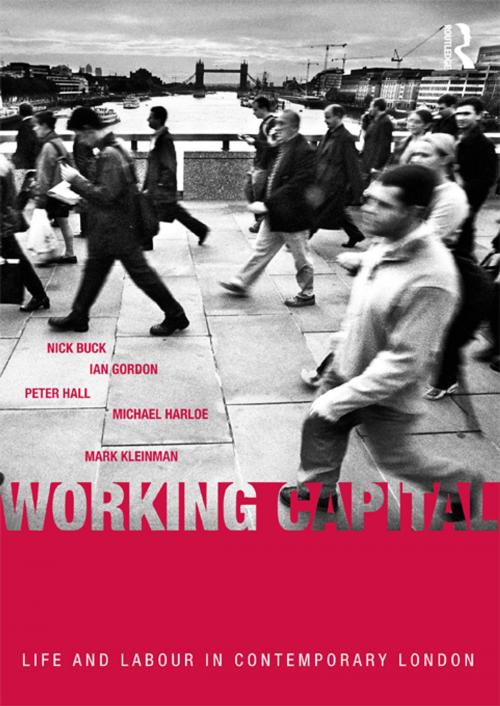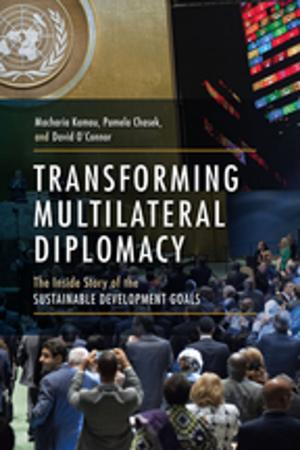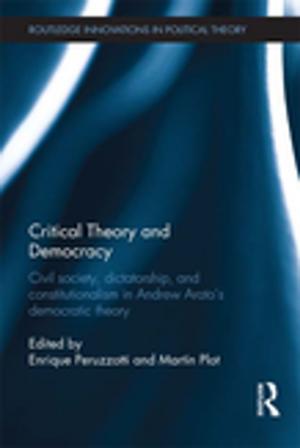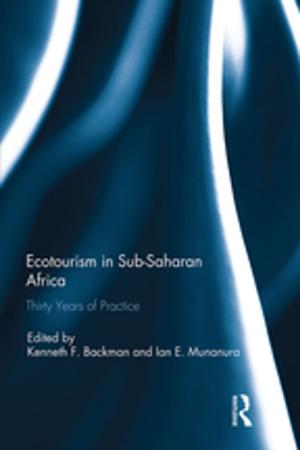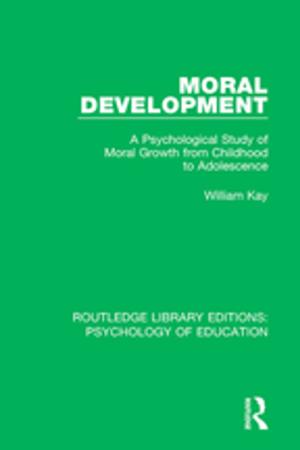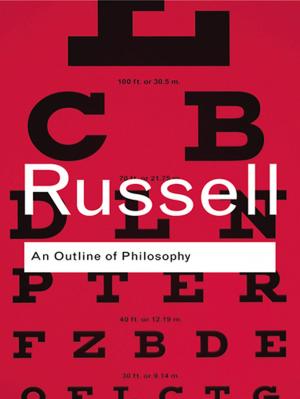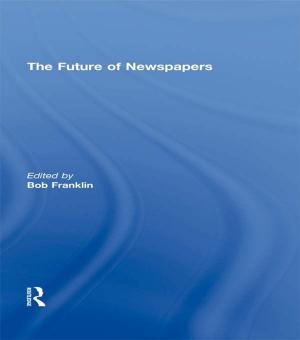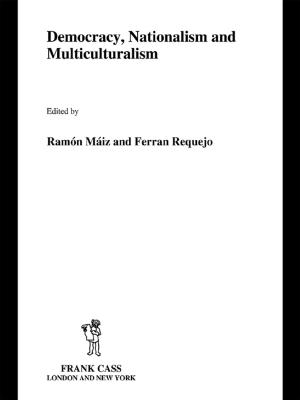Working Capital
Life and Labour in Contemporary London
Nonfiction, Art & Architecture, Architecture, Landscape, Planning| Author: | Nick Buck, Ian Gordon, Peter Hall, Michael Harloe, Mark Kleinman | ISBN: | 9781136477850 |
| Publisher: | Taylor and Francis | Publication: | September 13, 2013 |
| Imprint: | Routledge | Language: | English |
| Author: | Nick Buck, Ian Gordon, Peter Hall, Michael Harloe, Mark Kleinman |
| ISBN: | 9781136477850 |
| Publisher: | Taylor and Francis |
| Publication: | September 13, 2013 |
| Imprint: | Routledge |
| Language: | English |
For decades the cities of the developed world were seen as problem-beset relics from times of low mobility and slow communications. But now, their potential to sustain creativity, culture and innovation is perceived as crucial to success in a much more competitive global ecomony. The vital requirement to secure and sustain this success is argued to be the achievement of social cohesion.
Working Capital provides a rigorous but accessible analysis of these key issues taking London as its test case. The book provides the first substantial analysis of key economic, social and structural issues that the new London administration needs to deal with. In a wider context, its critical assessment of the bases of the new urbanism and of the global city thesis will raise questions both about the adequacy of urban thinking and about the capacity of new institutions alone to resolve the fundamental problems faced by cities.
For decades the cities of the developed world were seen as problem-beset relics from times of low mobility and slow communications. But now, their potential to sustain creativity, culture and innovation is perceived as crucial to success in a much more competitive global ecomony. The vital requirement to secure and sustain this success is argued to be the achievement of social cohesion.
Working Capital provides a rigorous but accessible analysis of these key issues taking London as its test case. The book provides the first substantial analysis of key economic, social and structural issues that the new London administration needs to deal with. In a wider context, its critical assessment of the bases of the new urbanism and of the global city thesis will raise questions both about the adequacy of urban thinking and about the capacity of new institutions alone to resolve the fundamental problems faced by cities.
